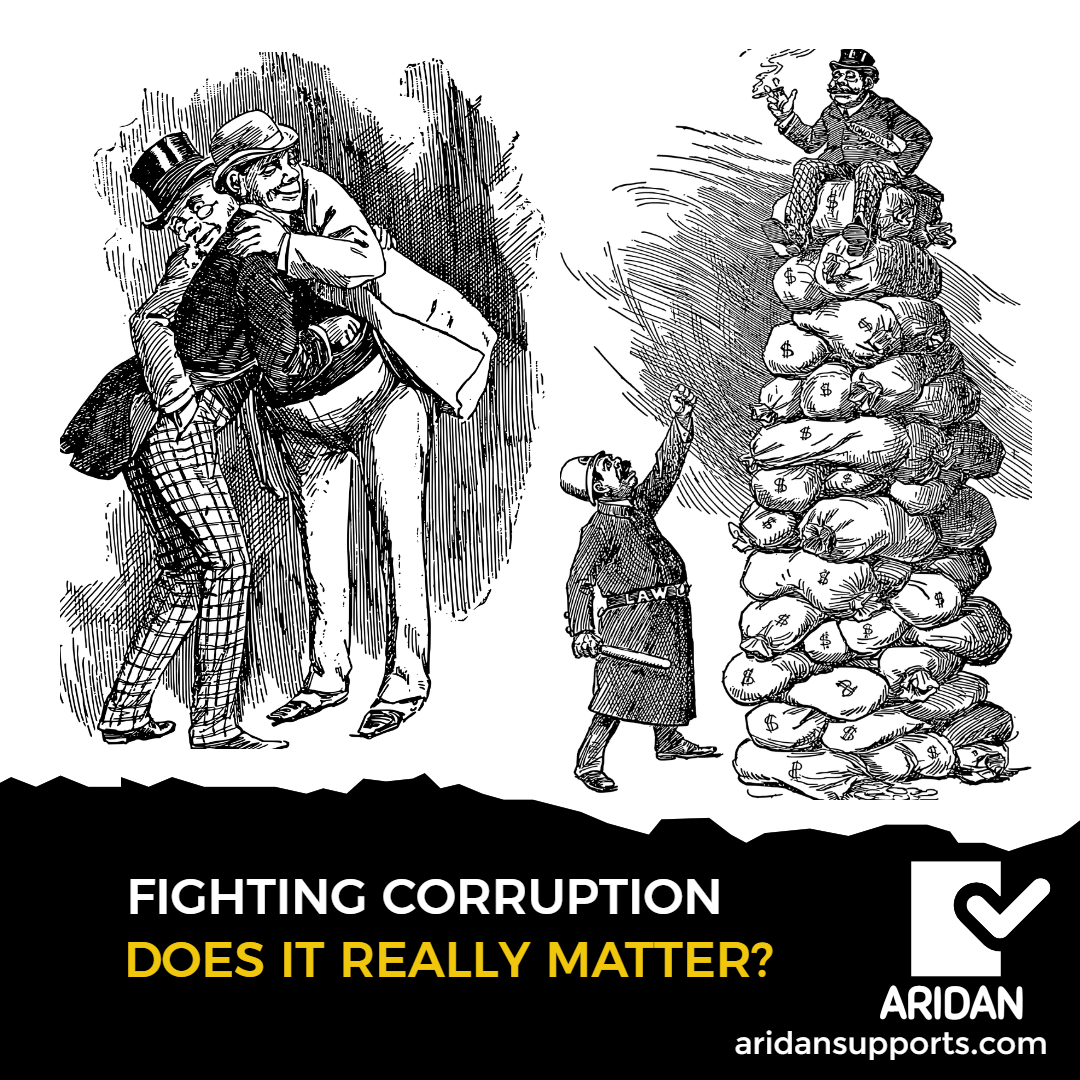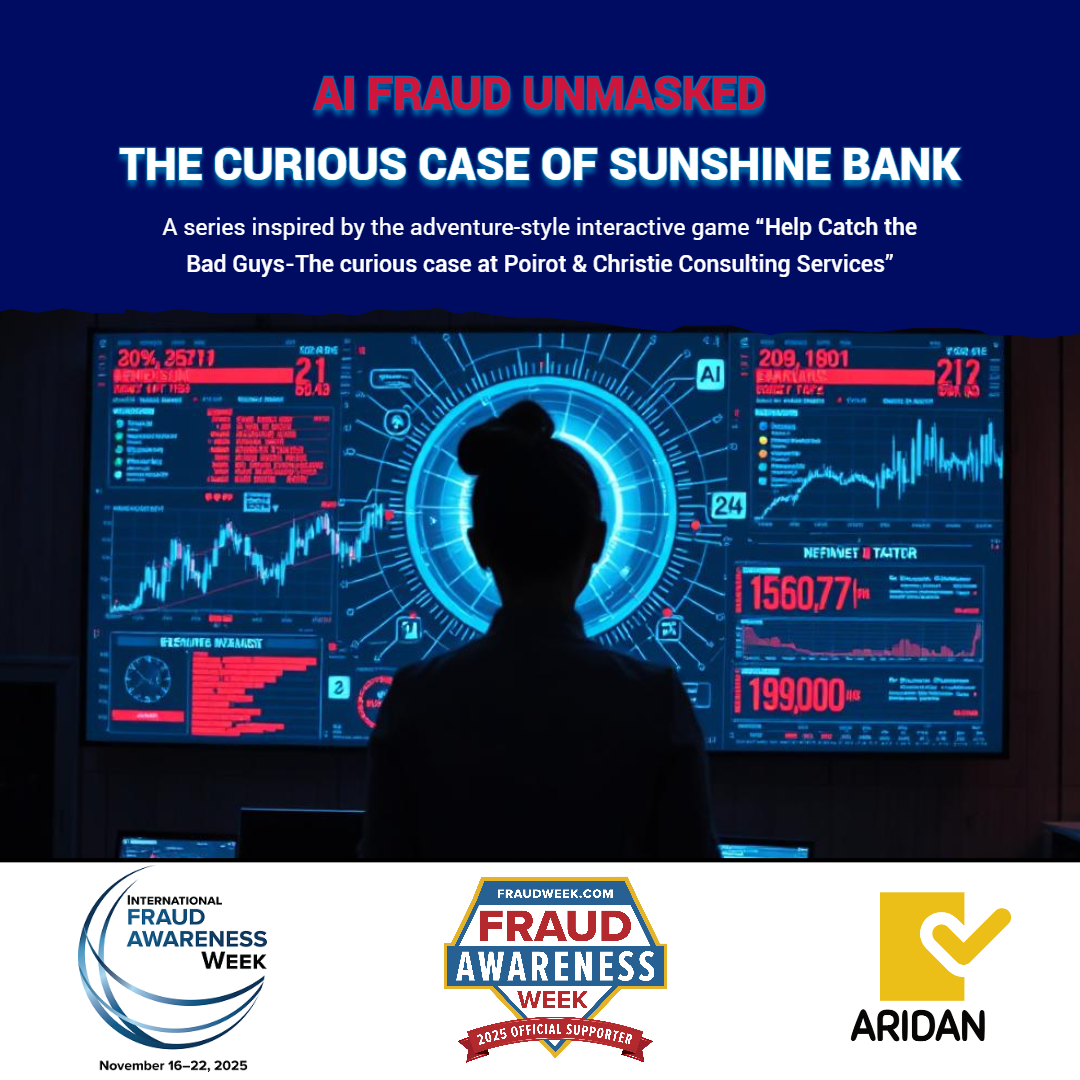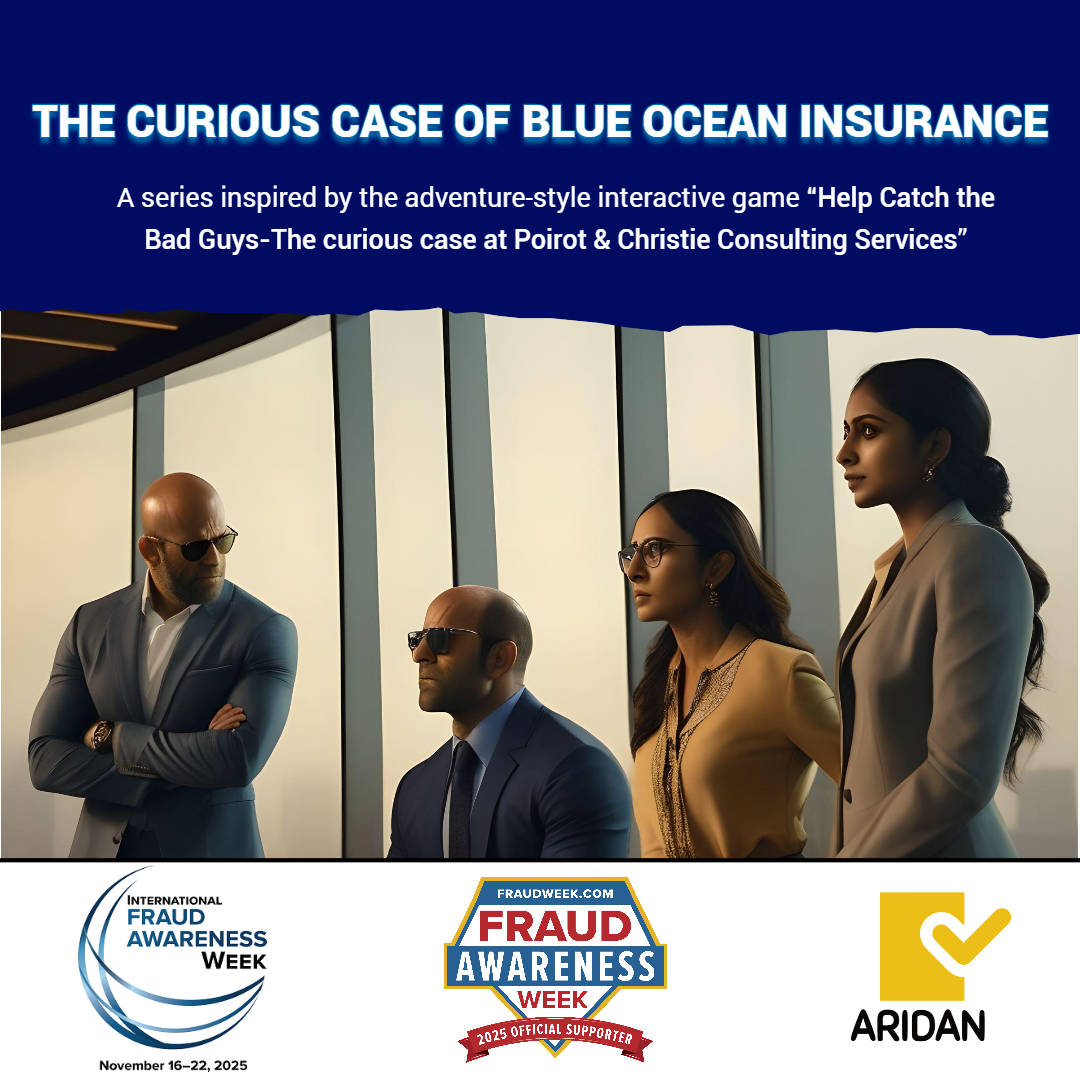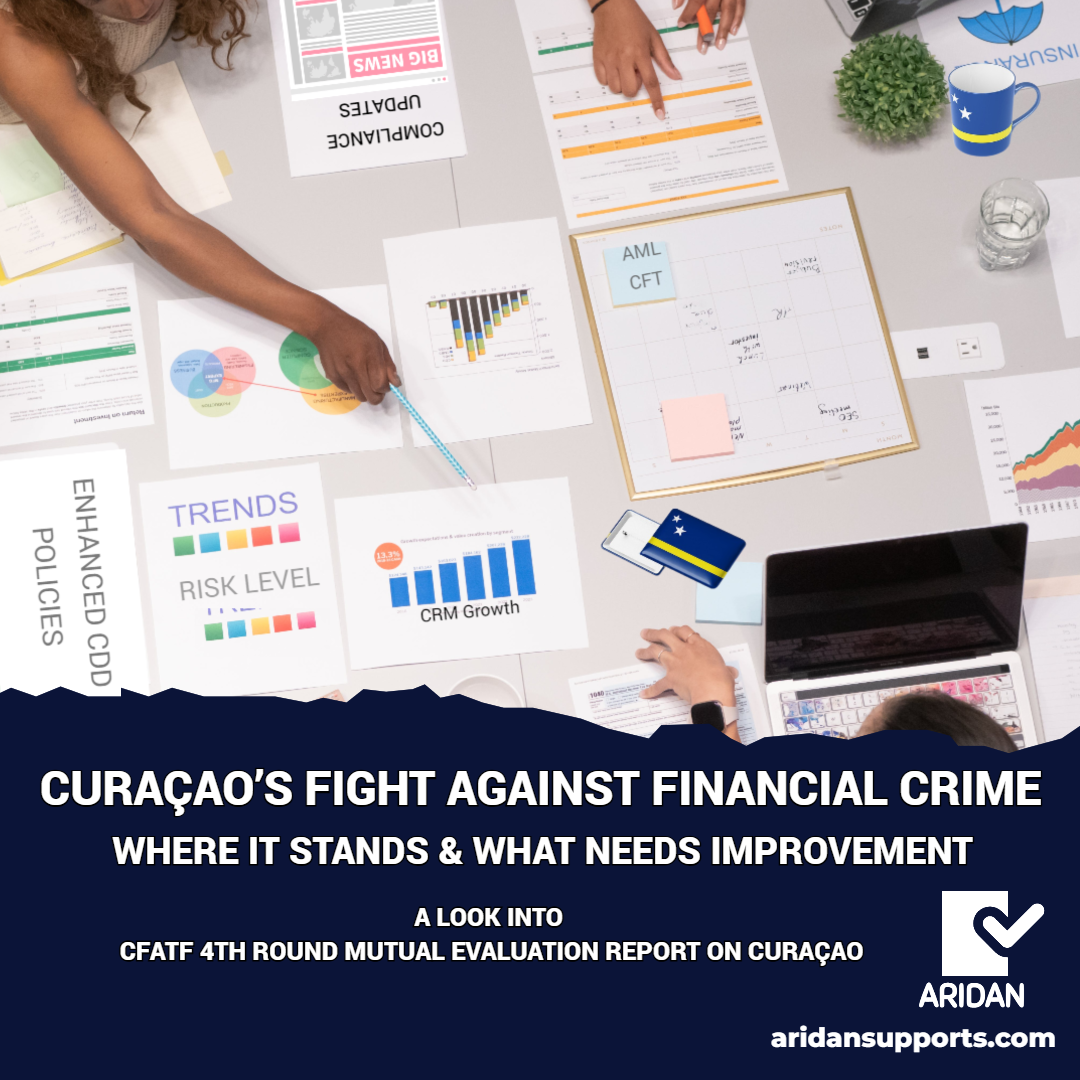Helping to raise anti-fraud awareness and implementing the right measures at the right time are much-needed to combat an illness called fraud often caused by the cancer called corruption that has existed from time immemorial and has expanded its reach into the wealthiest countries.
December 9, 2023, was the annual International Anti-corruption Day, right after Integrity Week which was barely promoted to the public, the promotion happened mostly in business circles. It’s difficult to talk honestly about integrity when corruption is so embedded in the culture of many countries so much so that even the Corruption Perception Index doesn’t reflect the actual corruption.
ABOUT CORRUPTION
Corruption is a form of dishonesty or a criminal offense that is undertaken by a person or an organization that is entrusted in a position of authority, to acquire illicit benefits or abuse power for one’s gain. Corruption may involve many activities which include bribery, embezzlement, theft, fraud, graft, influence peddling, extortion and blackmail, abuse of discretion, favoritism, nepotism, and clientelism, and it may also involve practices that are illegal in some jurisdictions or legal in others.
The perception of corruption has increased over the years, especially during the pandemic. Corruption grows when laws, policies, and procedures are ignored or are weakly implemented. Even those countries with a Corruption Perception Index between 60 and 100 are perceived to be more corrupt in the public eye which raises questions on the effectiveness of how the CPI is currently measured.
AN INTERESTING CASE
The U.S. Hunter-Biden case is a recent example of possible tax fraud and corruption that could have been prevented while also showing the weaknesses within the IRS and the political system. A case that is currently under federal investigation for possible tax fraud involving overseas business dealings connected to China and Ukraine.
The main issue is that all of the information on Hunter Biden’s possible fraud was categorized as misinformation on social media during the last presidential election as revealed by the Twitter Files and Facebook which can only be described as journalistic corruption.
ANOTHER INTERESTING CASE
An even more interesting corruption case is that of the Reedy Creek Improvement District (RCID), a special purpose district created by state law on May 12, 1967, to create, the Experimental Prototype Community of Tomorrow ( E.P.C.O.T).
E.P.C.O.T. is a concept for a planned community, intended to sit on a swath of undeveloped land near Orlando, Florida, that Walt Disney created in collaboration with the designers at Walt Disney Imagineering in the 1960s. The project died when Walt Disney passed away. The special purpose district status gave the Walt Disney Company governmental control over the land in and around its central Florida theme parks.
The special district should be the same as the other 2000+ existing special districts however, the RCID had special privileges that the other districts did not have. Privileges that gave them competitive advantages, tax exemptions, and public financing opportunities. By law, the RCID is supposed to be a separate entity from the Walt Disney Company but Disney executives seem to refer to RCID as Disney. The differentiation includes RCID having its employees.
RCID lost all its privileges and was renamed to Central Florida Tourism Oversight District (CFTOD). CFTOD was created on February 27, 2023, after the Florida Legislature passed House Bill 9B to supersede the RCID, passed in 1967 at the behest of Walt Disney and his namesake media company during the planning stages of Walt Disney World.
The governmental forensic audit was performed on the past practices of the RCID over the last 3 years covering legal, financial, and operational data by experts in the field. The report on the audit findings was publicly distributed on December 4, 2023. The auditors presented their findings during the Central Florida Tourism Oversight District Board Meeting that was livestreamed on YouTube on December 6, 2023.
The report raised questions on good governance, embezzlement, misappreciation of funds, tax evasion, conflict of interest, bribery, and corruption at the highest level. Any other entity or corporation would have instantly been investigated by multiple governmental agencies. Having an audit background, I find this report very fascinating but I think those who practice law will also find it even more interesting. It can be used as a case study on many fronts.
TRANSPARENCY: PUBLISHED AUDITOR’S REPORTS
In Florida, governmental auditors publish their findings online. This is very important for the added value to transparency but the problem is making the responsible parties accountable. It rarely happens. It’s sad to think that this audit only took place because of a clash between the corporation and the government otherwise nobody was bothered by the corruption. To make people afraid of committing crimes it is important to focus on accountability. Businesses should lose their business license and individuals should be judged in court with no possibilities to make agreements to reduce their sentence.
On a local level it would be interesting to have a forensic audit on the mismanagement of institutions that are important for the economic development of the country such as financial institutions and governmental N.V.s but more importantly, publicly publish the findings. It would be interesting to know what happened and everyone who was involved. It’s mindboggling to see how there were no visible consequences for all the local institutions and individuals involved in the major failed business operations.
More than often one scapegoat is selected to take on all the consequences. It usually has the weakest links at the executive level or a low-level employee. Corruption, integrity, and fraud are usually shoved in the compliance department which is usually already overwhelmed with regulatory compliance activities. It would be nice to have someone specialized in ethics & integrity, someone specialized in fraud, someone in charge of monitoring that the rules and regulations of the company are followed, and someone, preferably a third party, in charge of a whistleblower program.
In the end, it all comes back to governance.
FINAL THOUGHTS
Good corporate governance is important in the fight against corruption because it creates a structure based on rules and practices that determine how a company operates and how it aligns with the interests of all its stakeholders. And it fosters ethical business practices. It is a difficult challenge to combat corruption without the willingness to fight it when there is no fairness, transparency, accountability, responsibility, and risk management (the basic principles of good governance). Integrity plays an important part, and I mentioned in a previous publication having integrity can be a lonely journey but it will not always be so.
It’s not easy to face corruption but having a solid belief and a strong mental willingness to move forward will be helpful. For many, it’s a learning process to keep yourself strong inside and become more critical of your business and social environment. Similar to how integrity may sometimes feel like a lonely journey, fighting corruption is extremely challenging and could be a lonely journey as well. One of the few positive benefits of social media is the opportunity to find people who have the same principles as you do. It is a difficult task to find people with common sense and with the ability to think critically but it feels very rewarding when you do.








